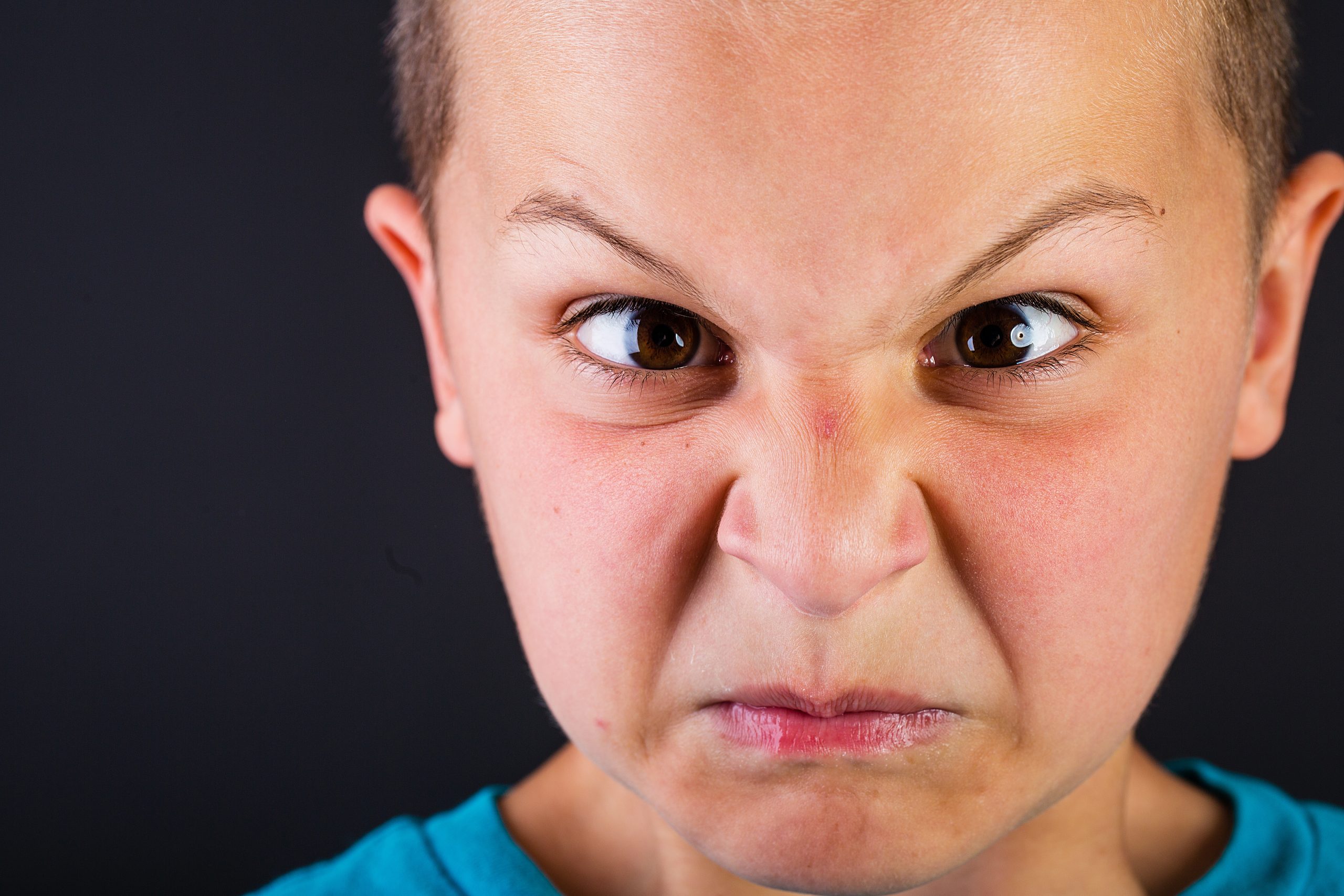Testing boundaries, challenging authority, and even misbehaving as a way to get attention are considered normal parts of growing up. Most children act out every now and then, but some children’s behavior may cause serious disruptions to those around them. If your child consistently loses their temper, displays a pattern of angry outbursts, or becomes physically aggressive or argumentative towards others they could be experiencing a disruptive behavior disorder. Parents may feel helpless and unable to determine the causes of your child’s disruptive behavior. Disruptive behavior can impact an entire family, friends and teachers. If left untreated a disruptive behavior disorder could cause a child to struggle in school and potentially lead to greater problems later in life.
In this article, you’ll learn about the potential causes of childhood disruptive behavior and when to seek treatment. Embrace U is an adolescent mental health treatment center that provides evidence-based care to kids and teens aged 10-18. Through our outpatient therapy programs, we help teens improve their mental health and well-being to live healthier, happier lives.
Have a teen struggling with a mental illness? Contact us today to learn more about how we can help your teen better manage their symptoms and lead a healthier, more balanced life.
Signs Of Disruptive Behavior in Children
It’s almost inevitable that at some point your child or teen may “act out” or get into occasional arguments with peers or authority figures. However, if you recognize your child is showing a repetitive pattern of disruptive behavior, this may point to some underlying issue they could be struggling with.
Here are signs of disruptive behavior in children you should not ignore:
- Showing resistance against authority figures (i.e., their teachers)
- Consistently being defiant or argumentative
- Stealing others’ belongings
- Running away from home
- Frequently missing school
Overall, if your child is consistently going against social rules and acting out or being defiant, this is not normal and may indicate your child is struggling with an underlying cause behind their disruptive behavior.
5 Potential Causes of Your Child’s Disruptive Behavior
It can be hard to determine a cause of disruptive behavior in a child. There are many theories, including some that propose a combination of developmental and learned factors as key contributors of the disruptive behavior.
You should never ignore persistent disruptive behavior in your child. This is because your child may be struggling with an underlying cause of their disruptive behavior. Below are five potential causes of your child’s disruptive behavior.
1. Oppositional Defiant Disorder
If your child is consistently displaying signs of disruptive behavior in school and at home, they may be struggling with an oppositional defiant disorder (ODD). Although the exact cause of why a child may develop an oppositional defiant disorder remains unclear, typically ODD develops between the ages of 8-12 years old. Although ODD is typically the most common diagnosis associated with disruptive behavior in children, it is not the only potential cause for such behavior.
2. Anxiety Disorders
Your child may also be struggling with an anxiety disorder that may be causing them distress, and thus, cause them to be lashing out. Anxiety, left untreated, can present itself in many different forms. Some children with anxiety may freeze up, whereas other children may scream or have a complete meltdown due to their anxiety.
3. Attention-Deficit Hyperactivity Disorder
Next, your child may have ADHD which may be the cause behind their disruptive behavior. If your child is impulsive and has overall difficulty sitting still and in general waiting/ having patience, your child may have ADHD.
4. Learning Disorders
Some children that show signs of disruptive behavior may also have an underlying learning disorder. For instance, some kids may act out or be disruptive as a way to distract others from finding out about their learning disorder, rather than asking for help and support with their learning problem.
5. Sensory Processing Problems
If your child has sensory processing problems, certain senses may become overwhelmed and thus result in them displaying signs of disruptive behavior due to the sensory overload. An example of this could be your child screaming or lashing out every time you help them get dressed in the morning.
Top-Rated Mental Health Treatment for Adolescents
Now you know more about the potential causes of your child’s disruptive behavior. If your child is repeatedly displaying signs of disruptive behavior, they could be suffering from an underlying mental condition or learning disability contributing to the condition. If your child is showing signs of disruptive behavior, it’s important you seek professional help to better manage the cause behind your child’s disruptive behavior. Otherwise, your child may face greater issues with others later on in life because of their disruptive behavior.
At Embrace U, we help treat a range of mental health conditions to help adolescents regain control over their lives and live healthier, more balanced lives. We offer a series of outpatient therapy programs so your teen can receive the best possible treatment tailored to their exact mental health needs.Contact us today to learn more about how we can help your child live a happier, healthier life.










